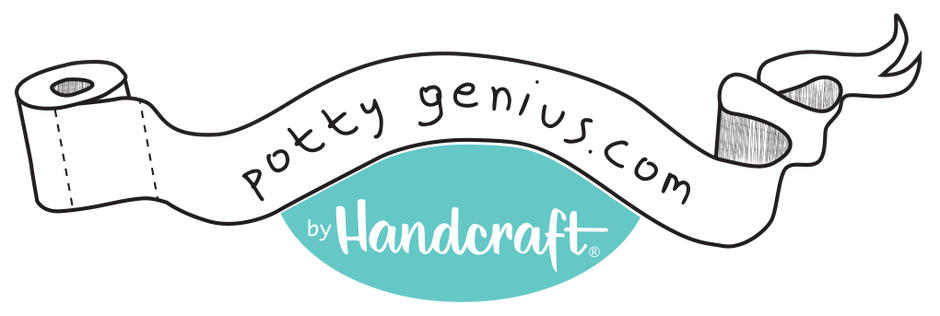Potty training can be so frustrating at times. Parents find themselves considering bribing their child with anything from stickers to toy sports cars just to get the job done. But not every parent agrees with the idea of offering potty training incentives.
According to author Jamie Glowacki, of Oh Crap! Potty Training, giving your child a reward for potty training may not be such a great idea after all. Her argument is this: why should you reward your child for doing normal, expected behavior? That makes sense, but not if you think of it from your child’s point of view. To them, using a diaper is normal, not sitting on this strange new contraption called a toilet.
We celebrate birthdays, too, and all the kid has to do is live another year! That’s normal, expected behavior, too, isn’t it? For parents who see nothing wrong with a little motivation, don’t feel guilty. Potty training incentives don’t have to necessarily be candy or gifts. There are plenty of things you can use to motivate your child, and you may already have them on hand.
Potty Training Incentive Ideas
- Make a sticker chart or print out a calendar and decorate it with your child. After each successful potty trip, let your child put a sticker on the chart. If you use a calendar, make sure each day provides enough room for at least five trips to the bathroom.
- Books are great potty training incentive, as they provide an educational benefit while letting your child focus on the pictures and the story, thus taking away a bit of the fear they may have. One good option, since it is targeted toward both parents and children, is a book called You Can Go to the Potty, written by parenting expert Dr. William Sears. Even if the books aren’t about potty training, it’s a good idea to keep a variety of them in the bathroom for use only when your child is sitting on the toilet.
- For boys, try placing a Cheerio in the toilet and telling them to aim for it while standing up and using the potty. This can be fun and helps them improve their aim (thus eliminating your need to clean up their mess).
- Use a potty-training doll that drinks and wets itself. Toddlers can teach the doll how to go to the bathroom. They won’t even realize that by teaching the doll, they’ll be teaching themselves.
- Get some “big kid underwear.” Most kids have favorite characters and TV shows, so letting children choose the type of underwear they want should be a fun task for them.
- Get some red or blue food coloring and put a few drops into the toilet (or potty chair filled with a bit of water). When your child goes potty, the water will change either to orange or green (depending on what color you choose). Children will love the magic of this, and it may encourage them to use the bathroom constantly. Just make sure you have a large supply of food coloring!
- Take a trip to the dollar store (without your child) and grab a few things to put into a grab bag or basket. When toddlers use the potty, allow them to take one gift out of the bag. As they start to use the bathroom more frequently, you may want to allow only one gift per day. This is a luxury, however, and could prove costly. Even if you have the money, you may want to reserve this as a last resort for children who have a difficult time getting the hang of it.

